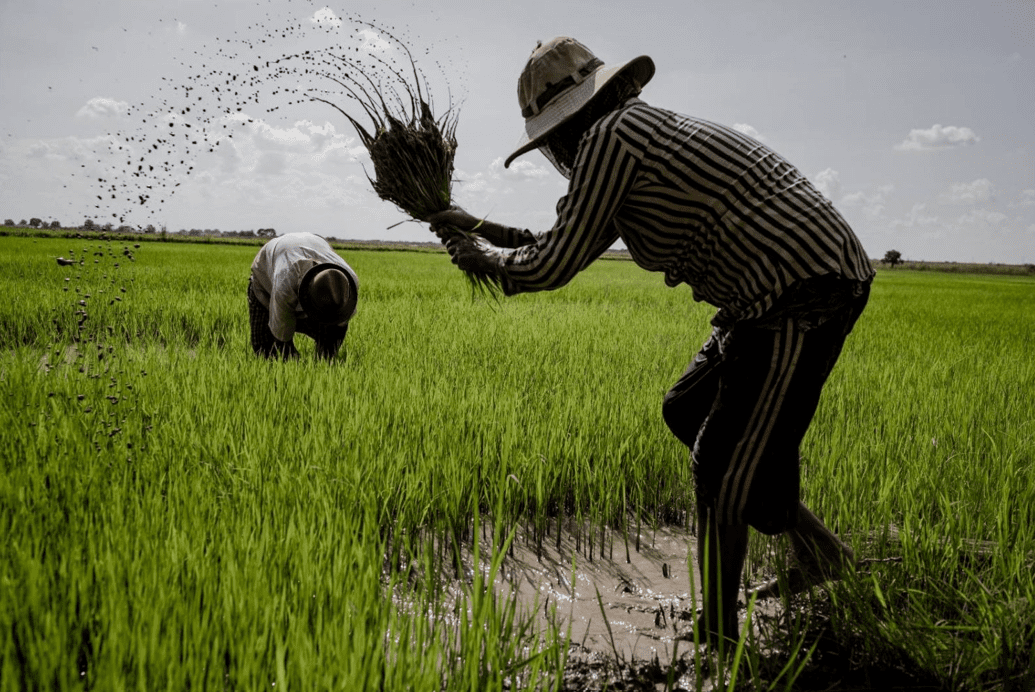Mr. Sigicherla Reddy is a progressive farmer who is from Lakkasamudram village, Anantpur district, Andhra Pradesh, India. Since his childhood, he has been passionate about agriculture. As he grew up in the Talupula mandal area, he faced harsh weather conditions and regular droughts.
During the drought, he always wanted to experiment with new water methods to save crops. Mr. Reddy believes that ‘drop by drop of water and tiny grains of sand make the ocean’.
When there is limited availability of water, drip irrigation is an effective way for crop irrigation. Earlier, he adopted the flood method of irrigation. With time, he realized that the drip irrigation method and the sprinkler could save the crops during drought.
In 1998, he was the first person to drill a bore well for crop irrigation. He started conserving water by installing sprinklers in 2004 and drips in 2011. He adopted spray and drip irrigation for crops including black gram, Bengal gram, and groundnut.
He has not faced water scarcity for a whole year since he started using drip irrigation techniques. With the help of drip irrigation, he used to grow floriculture on his one acre of land. He not only cultivates vegetables such as dolichos beans and fruit crops, including watermelon, but also cultivates agricultural crops, including groundnut, black gram, and Bengal gram. Through agriculture, he has been able to generate income for his family.
Through drip irrigation, he started using fertilizers in 2014. For the growth of the plant, he used micronutrients, including calcium, ammonium nitrate, and boron. To maintain the soil fertility on his agricultural land, he followed crop rotation every year.
For effective land utilization, he plants ground nuts in mango and black plum orchards. During the lean season, due to a lack of labor availability, he started using a tractor for inter-cultivation operations.
In the future, he aims to cover his entire land with drip irrigation and wants to expand floriculture cultivation. Recently, his income has been between Rs. 120 and Rs. 200 per kg of seeds. He encourages other young generations to pursue sustainable development through agriculture.


